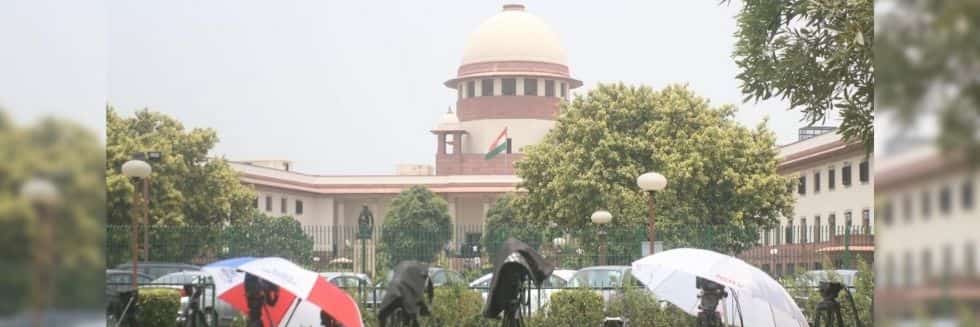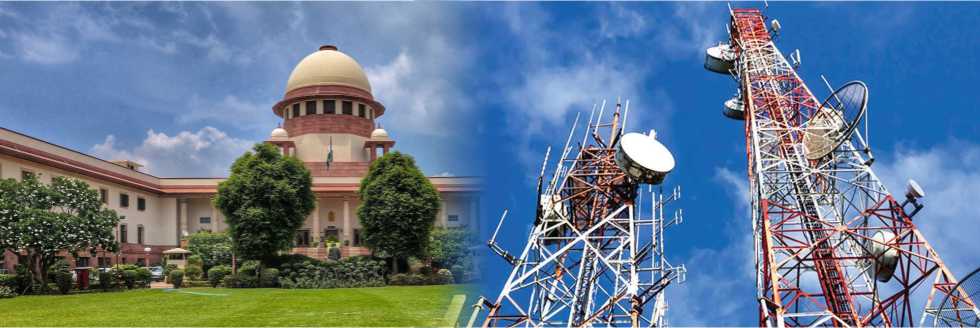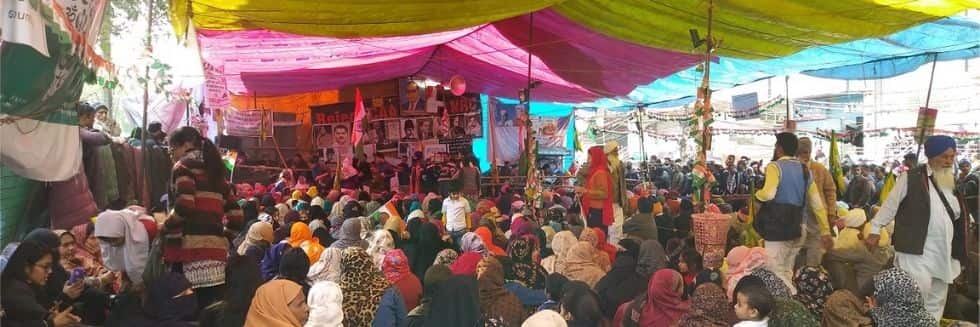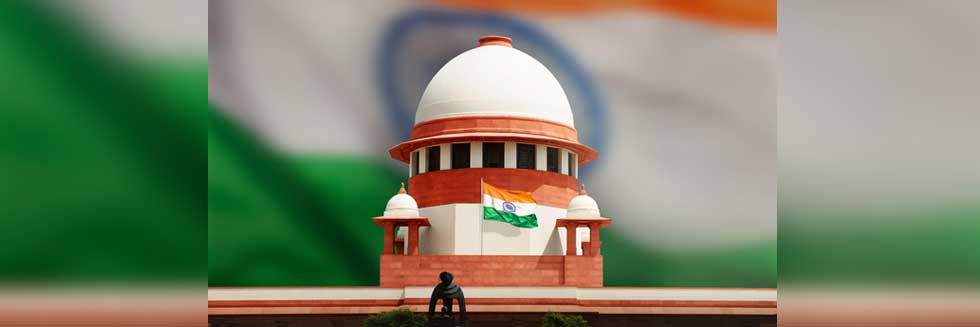Supreme Court e-Committee has released the Draft Model Rules for Live-Streaming and Recording of Court Proceedings to bring greater transparency, inclusivity, and access to Justice. The rules will be applicable to High Courts, Courts, and tribunals over which High Court will have supervisory jurisdiction.
“The right of access to justice, guaranteed under Article 21 of the Constitution encompasses the right to access live court proceedings,” said Justice Dr. Justice Dhananjaya Y. Chandrachud, the Supreme Court Judge and Chairperson of e-Committee.
The Committee has invited inputs, feedback, and suggestions from all the stakeholders which they can submit on or before 30.06.2021.
Justice Chandrachud has written a letter to all Chief Justices of the High court to share their inputs and suggestions.
Exhaustive List of Matters Excluded from Live Streaming under Rule 5.2
Rule 5.2
i) Matrimonial matters, including transfer petitions arising thereunder.
ii) Cases concerning sexual offences, including proceedings instituted under Section 376, Indian Penal Code, 1860 (IPC).
iii) Cases concerning gender-based violence against women
iv) Matters registered under or involving Protection of Children from Sexual Offences Act, 2012 (POCSO) and Juvenile Justice (Care and Protection of Children) Act, 2015.
v) In-camera proceedings as defined under Section 327 of Code of Criminal Procedure (CrPC) or Section 153 B of Code of Civil Procedure (CPC).
vi) Matters, where the bench is of view, for reasons to be recorded in writing that publication would be antithetical to the administration of justice.
vii) Cases, which in the opinion of Bench, may provoke enmity amongst communities likely to result in a breach of law and order
viii) Recording of evidence, including cross-examination
ix) Privileged communications between the parties and their advocates; cases where a claim of privilege is accepted by the Court; and non-public discussions between advocates.
x) Any other matter in which a specific direction is issued by the Bench or the Chief Justice.
“Cameras will be installed in the courtroom covering at least five angles; one towards the Bench, the second and third towards the advocates engaged in the concerned matter, the fourth towards the accused (where applicable) and the fifth towards the deponent/witness, as required,” read Rule 2.1
As per Rule 6.2 Cameras shall not audio-video record the media persons and the visitors present during the Proceedings.
Presiding Judge will have a remote control device and can stop or pause the live streaming process at any time.
“In case the judge concerned on the Bench is desirous of opting out of Livestreaming while dictating the order/oral judgment, Live-streaming will be paused during that period. In such circumstances, the monitors will display a message: “Order-dictation in progress”. Likewise, when the Bench rises for recess or otherwise, the Live-streaming will be paused, and the monitor will display the message: “Court not in-session”,” read Rule 6.5.
Can Objections be Raised against Live Streaming
Rule 5.5
Objections, if any, to Live-streaming may be raised at the time of institution of the case or any later stage. The final decision in that behalf shall be of the Bench.
i. Objection to Live-streaming, if any, shall be raised by the party by filing the form prescribed in Schedule I.
ii. A person objecting to Live-stream
No person/entity other than an authorised person/entity shall record, share and/or disseminate Live-streamed Proceedings or Archival Data. Any unauthorised usage of the live stream will be a punishable offence under the Indian Copyright Act, 1957, Information Technology Act, 2000, and other provisions of law, including the law of Contempt under Rule 9.2 (i).
Manner of Live Streaming and Recording of Proceedings
Discussions between/amongst Judges on the Bench; instructions given by the Judge to the administrative staff; notes taken down by the Judge during proceedings; communication between advocate and client, inter-se the advocates, and communications which is not a submission exchanged between the advocate and the Court will not be live-streamed.
Personal information like date of birth of parties, home address, identity card number, bank account information, and the personal information of related parties, such as close relatives, witnesses and other participants, will be deleted or muted during live-streaming.
Sunlight is the best disinfectant: Swapnil Tripathi vs Supreme Court of India
Supreme Court had approved live streaming of matters of constitutional importance in 2018.
Gujarat High Court was the first to start the live streaming of the court proceedings on October 26, 2020. After Gujarat HC, Karnataka High Court was the next to start live streaming the court proceedings.






